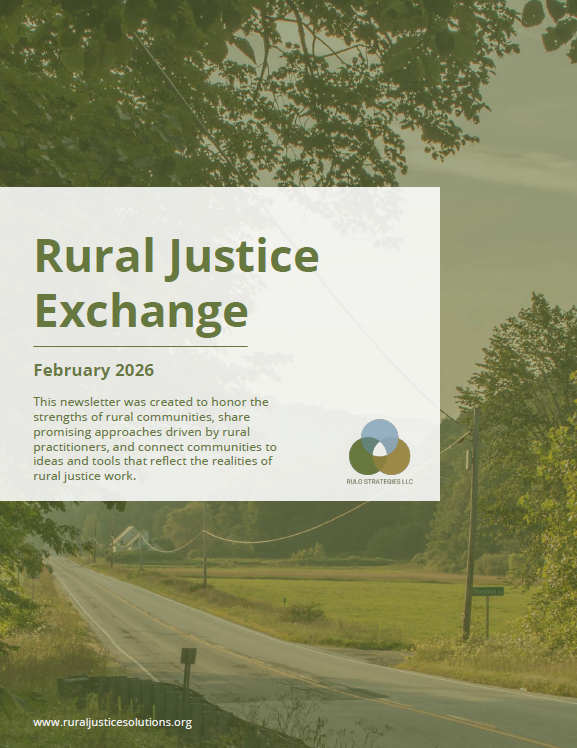The SJI Board met on December 15th, 2025, and awarded 18 new grant applications totaling $2.0 million for the 1st quarter of FY 2026.
The Board awarded six (6) Strategic Initiative Grants (SIG) to: National Center for State Courts (NCSC), in partnership with the Conference of Chief Justices (CCJ) and the Conference of State Court Administrators (COSCA for Phase I of a nationwide coordinated effort to develop modern expertise, tools, and updated best practices that can be adopted by all courts to improve the safety of court facilities and the public who use them; the National Council of Juvenile and Family Court Judges (NCJFCJ) to launch a training and technical assistance initiative on teen dating violence and domestic child sex trafficking as both independent and intersecting issues for courts and jurisdictions facing these issues; the NCSC for Phase II of the Artificial Intelligence (AI) Readiness Initiative which will assist state developing and implementing their own AI governance structure as described in the SJI-funded AI Readiness Guide, update and expand the Guide based on courts’ experiences, and host an AI Readiness Lab for up to 15 courts; the Justice Management Institute, working with Kalamuna, Inc., for Phase II of the Online and Case Resolution (OCR) initiative by engaging new pilot courts in developing policy and implementation plans for OCR for traffic and misdemeanor cases, writing the requirements for OCR expansion across Louisiana, and planning and designing the OCR open-source online repository with access to the software and derivative applications; the NCSC and its partners for Phase II of the State Courts Role in Effective Justice for Young People Initiative to continue responding to request for technical assistance and developing court-based solutions to common barriers in administering justice to those aged 18-24; and Policy Research Associates to update a national scan of non-lawyer, non-legal programs across the U.S., develop and validate performance metrics for evaluating these programs, and implementation support to jurisdictions interested in evaluating their programs.
Three (3) Project Grants to: the National Association for Court Management (NACM) to develop and deliver nationally significant education programs, related material, and curricula with a continued focus on SJI’s Priority Investment Areas and the NACM Core®; the Washington Administrative Office of the Courts, in partnership with the Washington District and Municipal Court Judges’ Association to launch the Jurist in Residence program to ensure that every newly appointed or elected judge in courts of limited jurisdiction receives the mentorship, tools, and leadership needed to transition successfully into their role; and Four Corners Group, Inc., in partnership with the Cobb County, Georgia, Juvenile Court to deploy an intensive, multi-tiered support system that engages youth while in custody and reintegrates them in the school system to promote behavioral change and academic progression.
Nine (9) Technical Assistance Grant applications were awarded to: the Supreme Court of New Mexico to examine the possible use of authorized justice practitioners across the state, especially rural areas; the Coconino County, California, Superior Court for a strategic planning project; American University to support the National Judicial Network on human trafficking and the state courts; Santa Cruz County, California, Superior Court for a strategic planning initiative, the Supreme Court of Nevada and the Nevada Department of Human Services/Division of Child and Family Services for a youth justice system review; the Oregon Judicial Department for a case management assessment in Deschutes County; the Supreme Court of Virginia for a civic literacy and e-learning project; and the Cleveland, Ohio, Municipal Court to implement a Continuity of Operations Plan.
A Curriculum Adaptation and Training Grant was awarded to the National Conference of Appellate Court Clerks to support educational programming and seminars.
The next deadline for grant applications is February 1st, 2026 (2nd Quarter of FY 2026).


